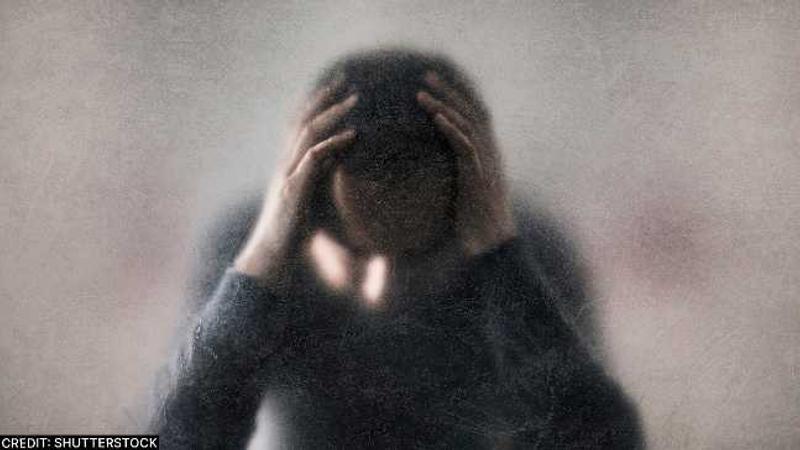Published 21:54 IST, November 4th 2023
Positive shifts that have taken place in understanding mental health in India
In India, attitude towards mental health and mental wellbeing have been gradually evolving with increased awareness and conversations towards reducing the stigma.

In India, attitude towards mental health and mental wellbeing have been gradually evolving with increased awareness and conversations towards reducing the stigma.
In its third year, ITC’s Feel Good with Fiama Mental Wellbeing Survey unveils interesting facts to further understand young India’s changing attitudes towards mental wellbeing and mental health. Commissioned with NielsenIQ, the survey covers a gamut of beliefs, behaviours, major stressors and de-stressors for GenZ and Millennials towards mental health.
Relationships
On the relationship front, the survey indicates that toxic relationships make it harder for 38 per cent Indian women to maintain good mental health.
The survey findings also state that while 59 per cent respondents confide in their parents, only 29 per cent confide in siblings while only 31 per cent confide in their partners if they were to undergo therapy.
Only 33 per cent GenZ confide in their siblings while 52 percent millennials confide in their partners.
Society and Culture
The Feel Good with Fiama Mental Wellbeing Survey 2023 indicates that a whopping 64 per cent of Indians believe that living up to societal standards of success are what lead to burnouts; pressure higher for NCCS B with this score going up to 78 per cent.
72 per cent Indians Associate Poor Mental Health with Depression, however, on a positive note Indians are exploring alternatives to de-stress – Music is the preferred choice for 86 per cent Indians to cope with stress and negativity, 31 per cent of the respondents turn to meditation, 29 per cent of the respondents turn to yoga while 26 per cent of the respondents turn to physical exercise to cope with stress.
Mood and Behaviour
With respect to behaviour, 44 per cent GenZs vs 53 per cent millennials are prone to mood fluctuations.
57 per centGenZs believe “Excessive fear and worries" is one of the top indicators of Mental Health Issues. 52 per cent GenZs believe that feeling tired and low energy is one of the top indicators of mental health issues. 47 per cent said they take medicines as well as counselling to combat mental health issues.
Overall Wellbeing and Mental Health
54 per cent of the Indian population believe that mental health is as important for over-all wellbeing.
On a positive note, the survey indicates that Indians reach out for professional help. 50 per cent respondents/their family members opt for face-to-face counselling as a treatment, while 51 per cent Indians who believe social media has a positive impact turn to online counselling as a treatment option.
Young adults are exploring alternatives to de-stress – Music is the preferred choice for 86 per cent Indians to cope with stress and negativity.
(IANSlife can be contacted at ianslife@ians.in)
Updated 21:54 IST, November 4th 2023



